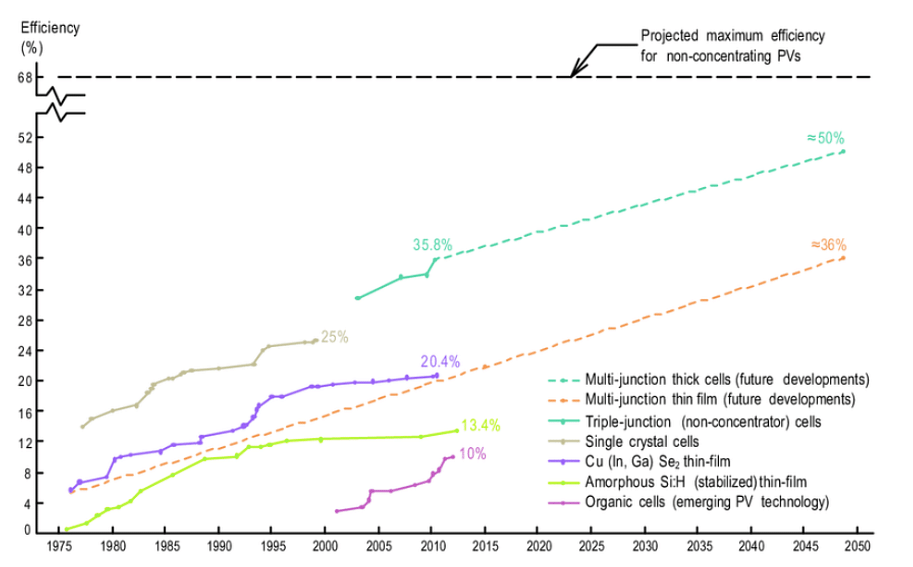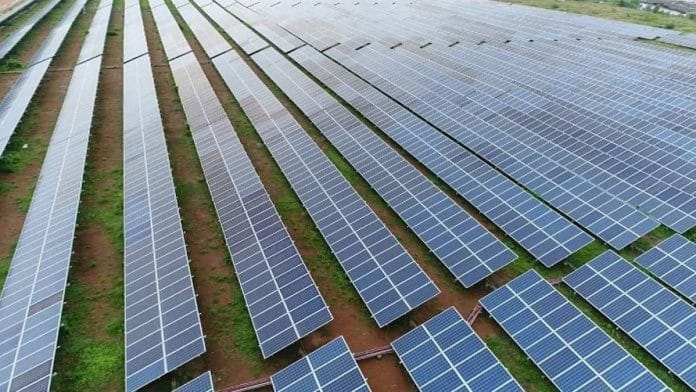Thank you dear subscribers, we are overwhelmed with your response.
Your Turn is a unique section from ThePrint featuring points of view from its subscribers. If you are a subscriber, have a point of view, please send it to us. If not, do subscribe here: https://englishdev.theprint.in/subscribe/
In an era marked by growing concerns over climate change and the sustainability of energy resources, solar panels have emerged as a critical player in the global transition towards renewable energy. Solar panels can convert sunlight directly into electricity, offering a clean, abundant, and increasingly cost-effective alternative to traditional fossil fuel-based power sources. As more homes, businesses, and even entire communities adopt solar power, the potential to reduce dependency on centralized power grids is becoming a reality. The Indian government has recognized this potential and has set ambitious targets under the National Solar Mission, aiming to achieve 100 GW of solar capacity by 2022. As of now, India has achieved a capacity of 87,207.97 MW.

Historical trends in PV efficiency, with projections to 2050 (source: National Renewable Energy Laboratory)
Decentralization of Energy Production
Traditional power grids rely on centralized power plants, which generate electricity and distribute it over vast distances. This model has inherent vulnerabilities, including the risk of large-scale outages due to failures at critical points in the grid. Solar panels, by contrast, enable decentralised energy production, where power is generated close to where it is consumed. This reduces the strain on the grid and makes the entire energy system more resilient. For homeowners and businesses, installing solar panels can significantly reduce or even eliminate their reliance on the grid. By generating their electricity, they can avoid fluctuating energy prices and protect themselves from power outages. In areas where electricity is expensive or where the grid is unreliable, this independence can be treasured.
The Future of Solar Power and Grid Dependency
Innovations in solar technology, combined with supportive policies and economic incentives, are driving widespread adoption of solar power. In many parts of the world, solar energy is already the cheapest form of new electricity generation.
Looking ahead, the integration of solar power with other renewable energy sources, such as wind and hydropower, will be vital in creating a resilient, sustainable energy system. Microgrids—localized grids that can operate independently of the primary grid—powered by solar energy and battery storage, are also likely to become more common. These systems offer the potential to provide reliable power in remote areas, during emergencies, or in regions with unreliable grid infrastructure.
Conclusion
Solar panels are playing a transformative role in the global energy landscape. By enabling decentralized, clean, and increasingly cost-effective energy production, they are helping to reduce dependency on traditional power grids. As technology continues to advance and the economic case for solar power strengthens, the shift towards a more sustainable and resilient energy system will accelerate. In this new energy paradigm, solar panels will be at the forefront, empowering individuals and communities to take control of their energy futures.
These pieces are being published as they have been received – they have not been edited/fact-checked by ThePrint


